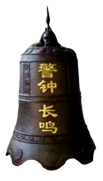|
崔永禄
崔永禄,河北 任丘市人。 曾任我班班长,学习委员。 毕业后留校,担任高教部英语师资培训班2班外教的翻译。 1973-1975 曾去南也门担任中国援建工程队翻译。 1984年考取联合国翻译班。从那时至今多次在联合国驻日内瓦,巴黎, 纽约总部担任翻译。1986年-1987年在英国University of Edinburg爱丁堡大学 留学,获硕士学位。 在国内期间曾任南开大学外国语学院副院长,教授,博士生导师。 孙毅兵教授的丈夫。
 崔永禄孙毅兵夫妇于2010年11月23日到瑞士日内瓦联合国总部工作 崔永禄孙毅兵夫妇于2010年11月23日到瑞士日内瓦联合国总部工作
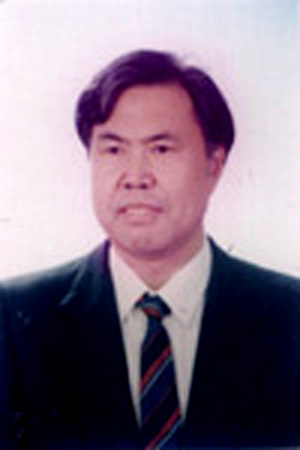
崔永禄
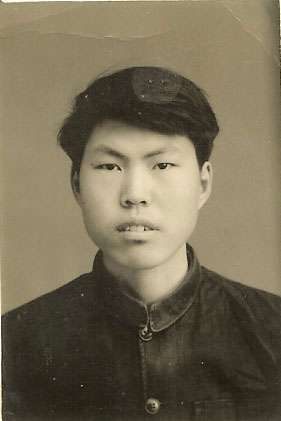
崔永禄,1965
|
 主要著作和译著: 主要著作和译著:
《美国政治传统及其缔造者》

作者: 理查德·霍夫施塔特
译者: 崔永禄 / 王忠和
ISBN: 9787100010818
页数: 412
出版社: 商务印书馆
出版年: 1994.7 |
《新编英汉口译教程》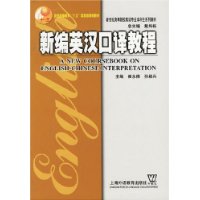
·作者:崔永禄孙毅兵
.出版社:上海外语教育
·出版日期:2005年
·ISBN:7810953702
·条形码:9787810953702
|
《实用英语口译(英汉)新编》
作者: 徐正华 / 崔永禄 / 孙毅兵
ISBN: 9787310006274
出版社: 南开大学出版社
装帧: 精装
出版年: 1994-2-1 |
《文学翻译对比赏析》
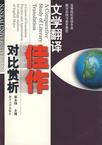
ISBN: 9787310014842
页数: 520
出版社: 南开大学出版社
定价: 25.0
装帧: 平装
出版年: 2001-6-1 |
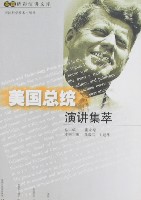
《 美国总统演讲集萃》
总主编:崔永禄
天津科学技术出版社 2005 年 |
《世界文化名人演讲集萃》
总主编:崔永禄
天津科学技术出版社 2005 年
|
《世界政治名人演讲集萃》
总主编:崔永禄
天津科学技术出版社 2005 年 |
《藏族服饰艺术》崔永禄孙学诗译(汉译英) 南开大学出版社 |
《藏族服饰》崔永禄孙学诗( 汉译英); 五洲传播出版社,2002.9 |
 崔永禄座客天津财经大学人文学院 崔永禄座客天津财经大学人文学院
 英语系崔永禄教授获颁“中国资深翻译家”荣誉证书并受到表彰 英语系崔永禄教授获颁“中国资深翻译家”荣誉证书并受到表彰
 主要论文包括: 主要论文包括:
1. “汉译英形象的保留与接受”
2. “从一个片断看《尤利西斯》的两个译本”
3. “发扬传统 兼收并蓄-纪念严复《天演论·译例言》发表一百周年”
4. “加强语言学翻译理论研究”
5. “理解的困惑与译者的意图”
6. “翻译中文化的应变”
7. “翻译的斡旋过程及影响这一过程的若干因素”
8. “得意不可忘形”等。

 新冠疫情期间崔永禄给老同学的微信(2021年1月24日): 新冠疫情期间崔永禄给老同学的微信(2021年1月24日):
@刘焕群 石家村情况见好,但不要大意,戴口罩,洗手,保持社交距离,这三条不可松。我把钟南山和张文红说的汇总一下,编了个顺口遛:
精神愉快运动好
多吃蛋白饭莫饱
喝足饮水睡足觉
勤到网上点个卯
坚持下去,必有好处。

各位学友,
年终时节,京津地区雾霾不断,令人心情郁闷纠结。不期阳春到日,连降两场喜雪,呼吸顺畅,使人为之一振。正是:
年终期盼雾霾尽
春至欣逢瑞雪来
祝各位学友春节愉快,幸福吉祥。
崔永禄 孙毅兵
2/7/2013
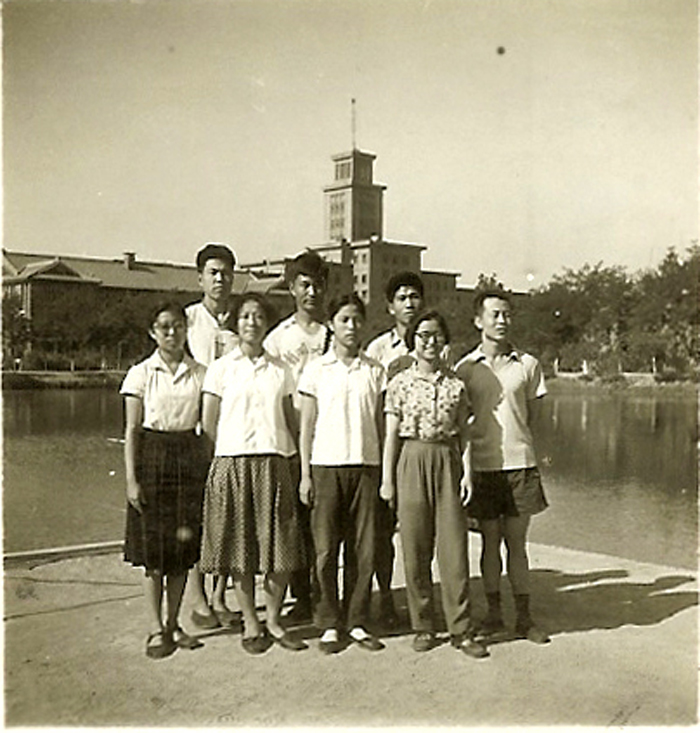
毕业照后排左起第一人为崔永禄, 1965
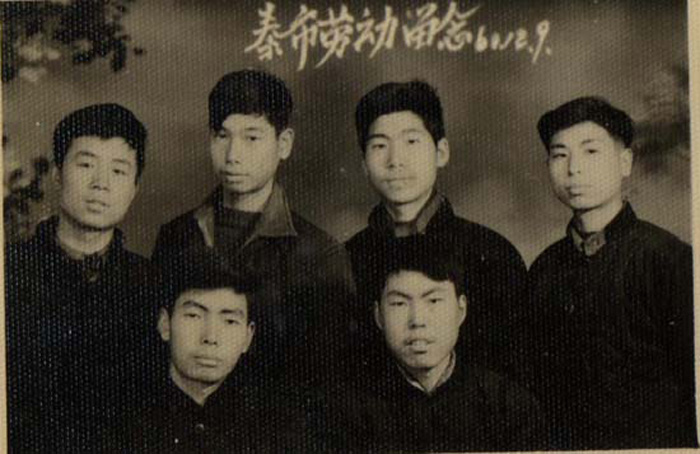
1960年,入学第一年,我班六位同学赴秦皇岛暖气片厂劳动--左起
刘士聪、崔永禄、李广然、梁一雄、高东山、佟学龄(广然供稿)
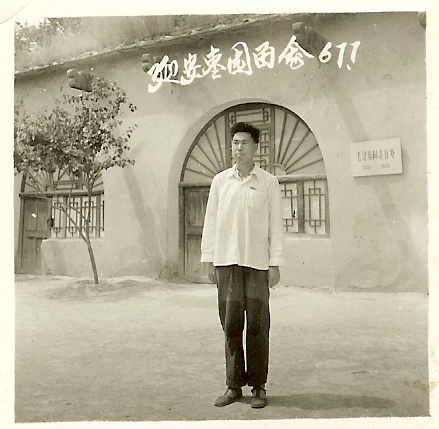
崔永禄在延安,1967

前排右起校办靳主任、师资培训班2班外教Jannet Andrew和Mr.Andrew(安德魯夫妇);后排左起朱柏桐、谷生瑞、崔永禄、XXX、校办胡占采。
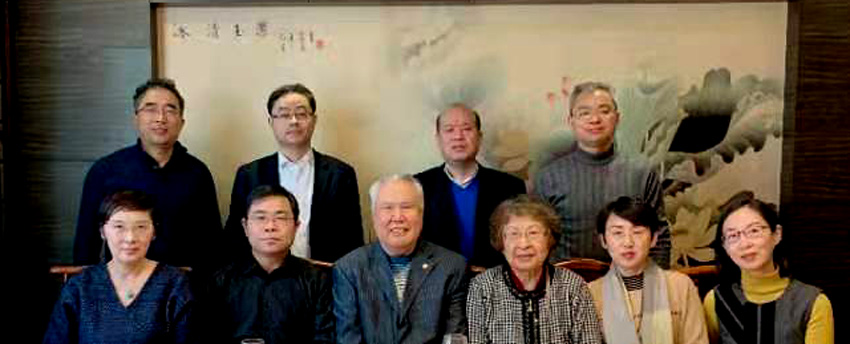
崔永禄的博士毕业生来津看望导师和师母, 2019年12月28日。
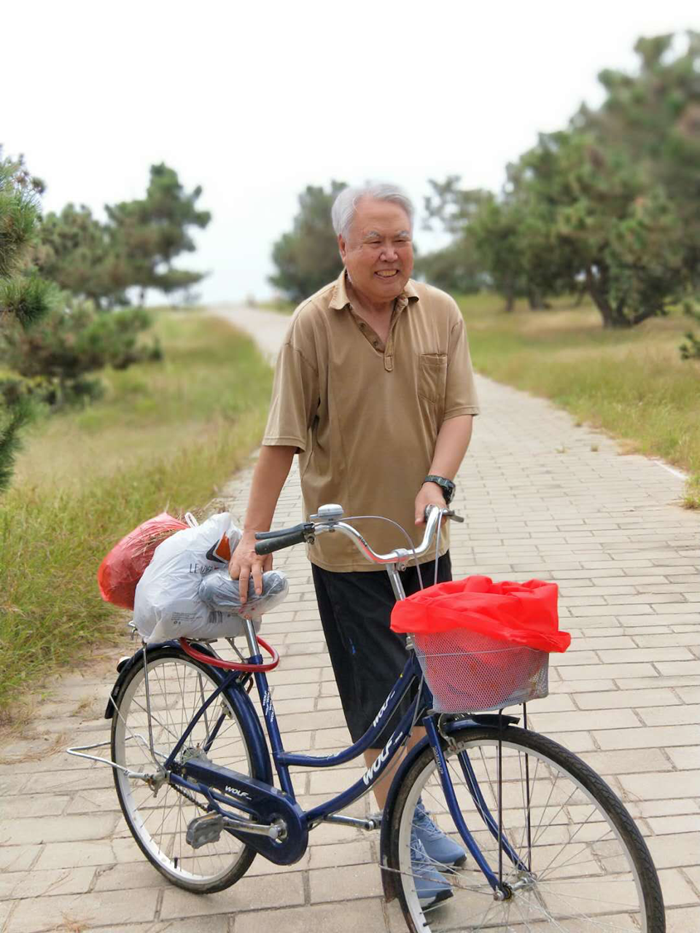
“今天我俩义务劳动,到海边松林捡干松枝,为小院土地补充营养。收获颇丰。”
崔永禄与夫人在山东海阳的海景房, 9/13/2018
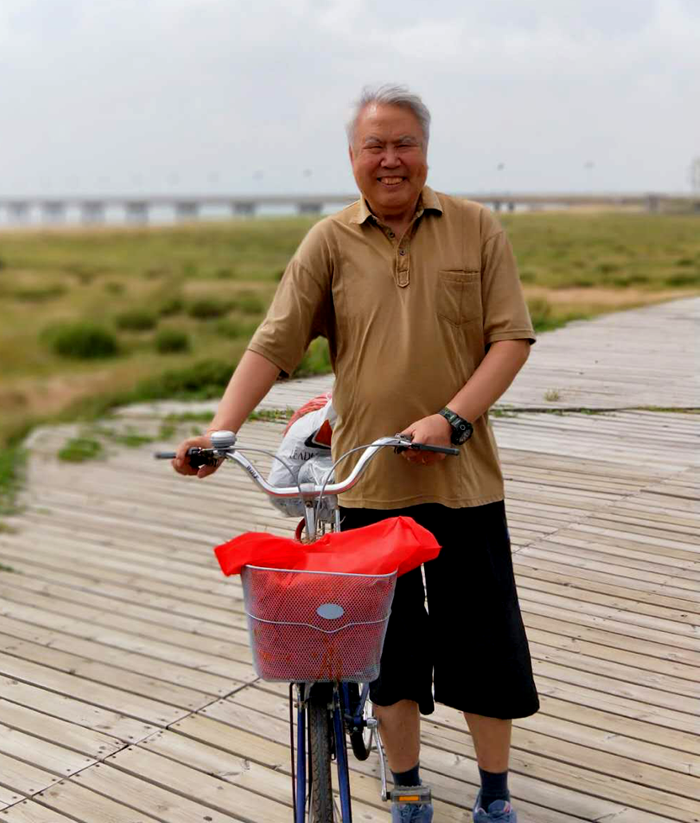
“今天我俩义务劳动,到海边松林捡干松枝,为小院土地补充营养。收获颇丰。”
崔永禄与夫人在山东海阳的海景房, 9/13/2018

“今天我俩义务劳动,到海边松林捡干松枝,为小院土地补充营养。收获颇丰。”
崔永禄与夫人在山东海阳的海景房, 9/13/2018
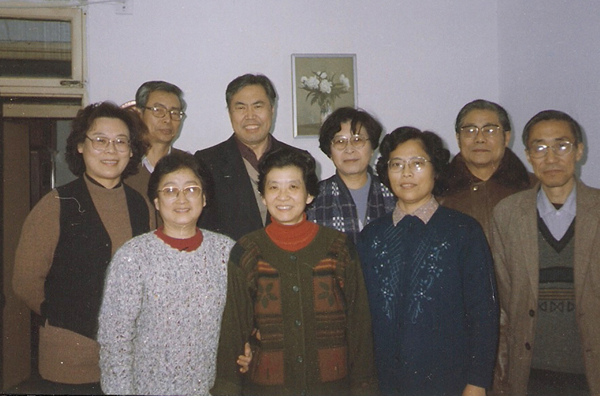
前排左起蔡文美朱柏桐谷启楠王蕴茹李维树
后排左起刘士聪崔永禄孙毅兵,96年1月于刘士聪谷启楠家

崔永禄和毕业研究生


前排左起崔永禄、刘士聪、吴则田、杨俊起、王蕴茹、朱柏桐、谷启楠;
后排左起李广然、宫自强、李维树、梁一雄。
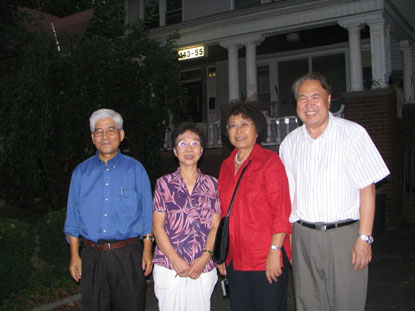
2007年10月至2008年3月崔永禄夫妇在纽约联合国总部工作时
留影:崔永禄孙毅兵祝宝银高东山
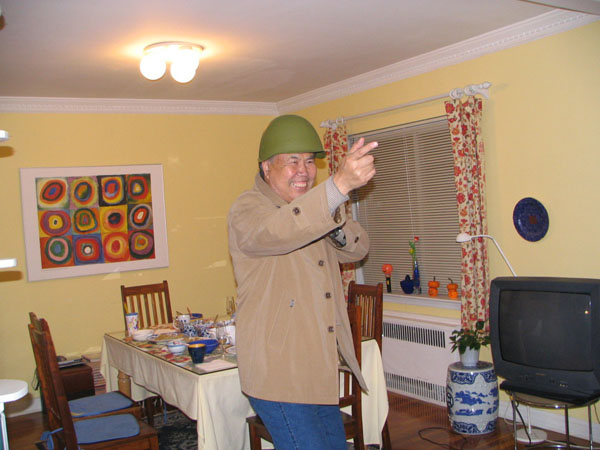
崔永禄在李伯宏李柳平家,11/2006
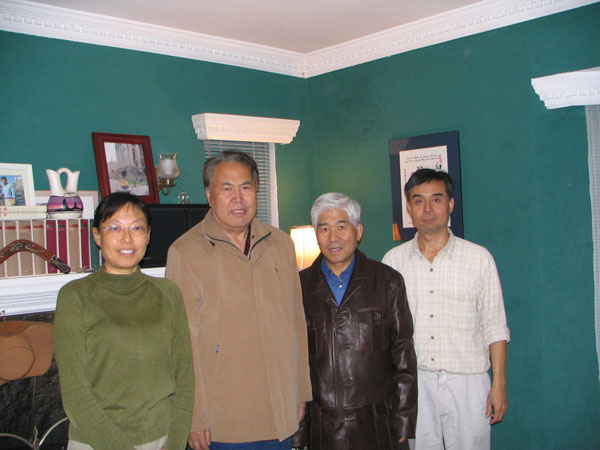
李柳平崔高李伯宏, 11/2006
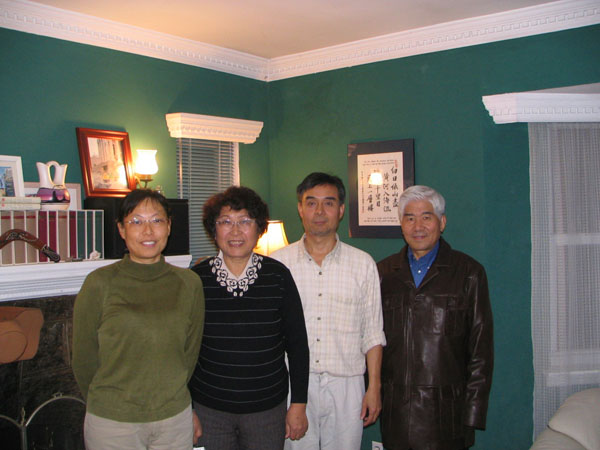
李柳平孙毅兵李伯宏高东山, 11/2006
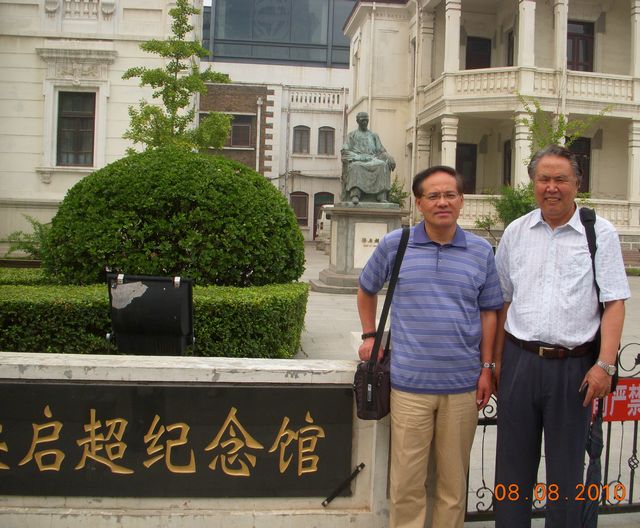
永禄和朋友在天津梁启超纪念馆

永禄和朋友在意大利风情区
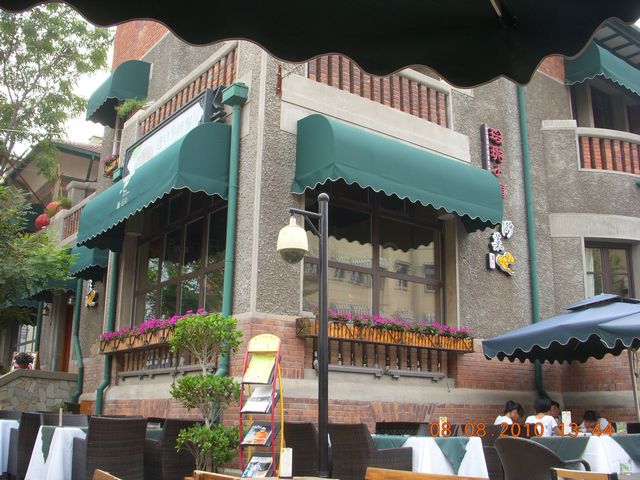
天津意大利风情区
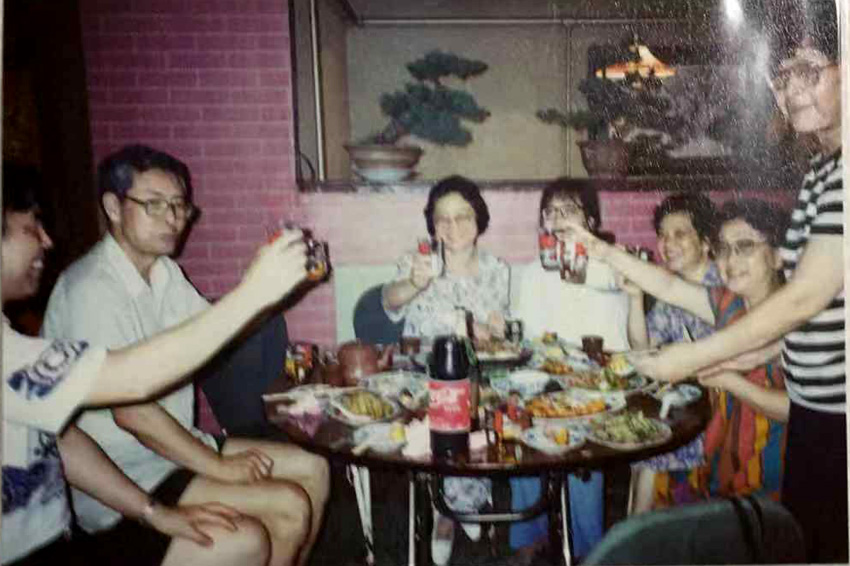
90年代贺新到天津与老同学团聚:左起崔永禄、刘士聪、贺新、许荣仙、谷启楠、朱柏桐、孙学诗

90年代贺新到天津与老同学团聚

90年代贺新到天津与老同学团聚
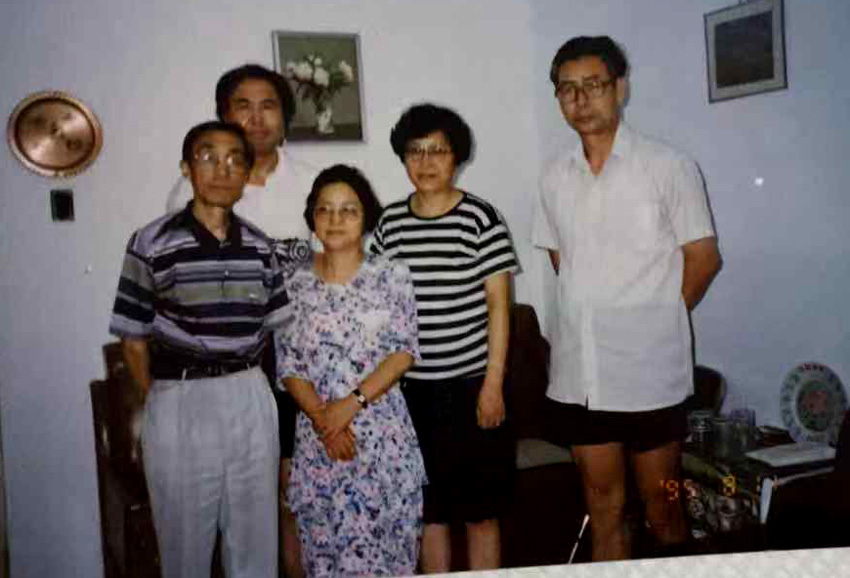
90年代贺新到天津与老同学团聚:左起李维树崔永禄、贺新、孙学诗、刘士聪
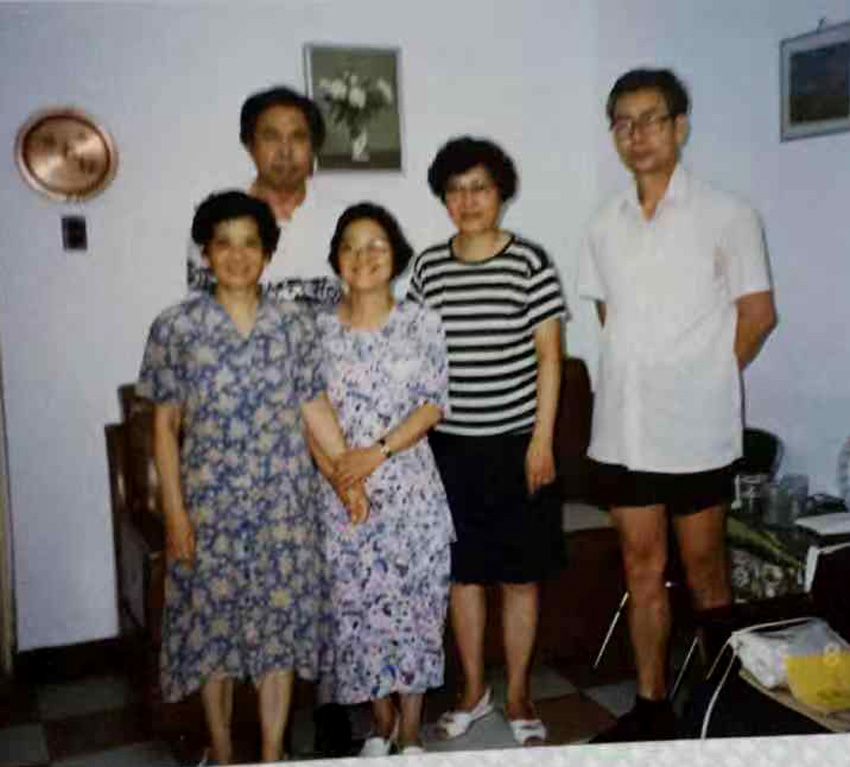
90年代贺新到天津与老同学团聚:左起谷启楠、崔永禄、贺新、孙毅兵、刘士聪
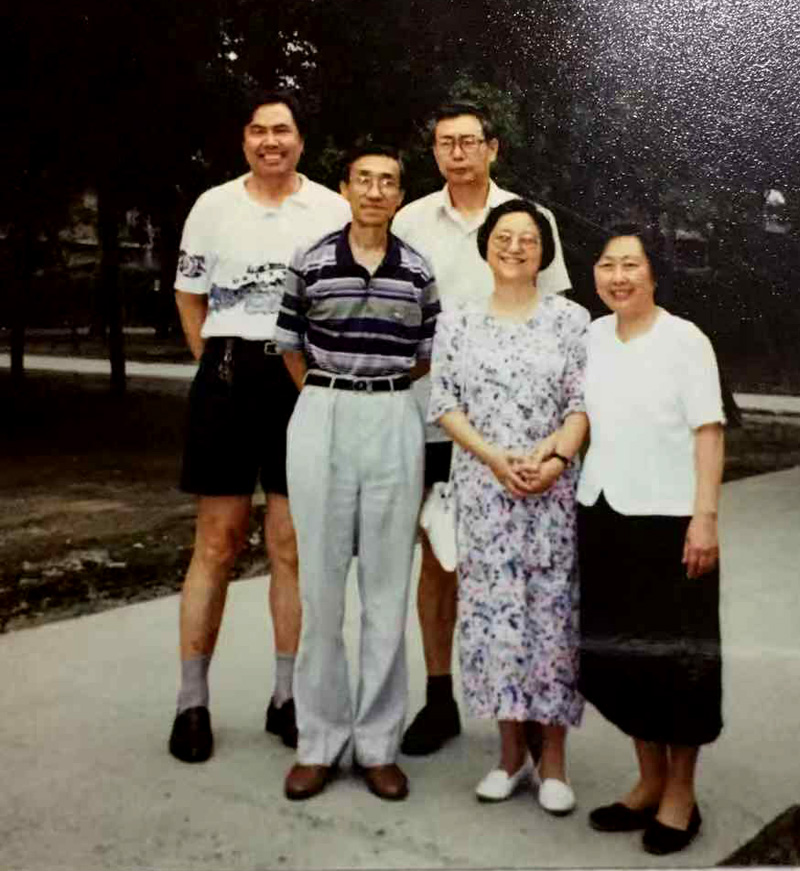
左起崔永禄、李维树、刘士聪、贺新、马振铃老师。
    
|
English Poet Elizabeth Barrett Browning (1806-1861) |
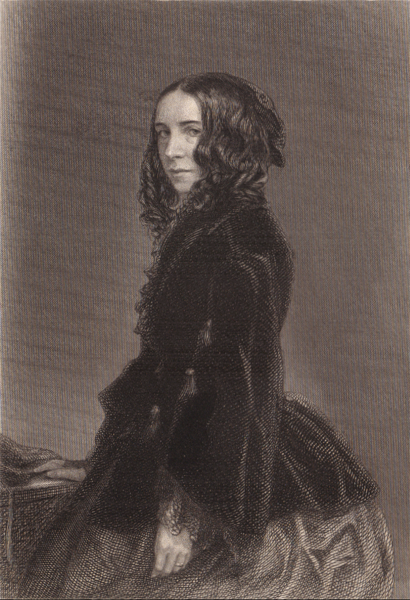
An 1871 engraving of an 1859 photograph of Elizabeth Barrett Browning.
(This work of art is in public domain.)
Elizabeth Barrett Browning (March 6, 1806 – June 29, 1861) was one of the most prominent poets of the Victorian era. She was the wife of poet Robert Browning, whom she married in secret due to objections by her father. Her poetry was widely popular in both England and the United States during her lifetime. Browning published many poems in her lifetime, and many more were published by her husband after her death. Her works contained early examples of feminist thought and have been reprinted in several volumes including The Norton Anthology of English Literature.
American poet Edgar Allan Poe was inspired by Barrett Browning's poem Lady Geraldine's Courtship and, specifically, borrowed the poem's meter for his poem The Raven. Poe had reviewed Barrett's work in the January 1845 issue of the Broadway Journal and said that "her poetic inspiration is the highest - we can conceive of nothing more august. Her sense of Art is pure in itself." In return, she praised The Raven and Poe dedicated his 1845 collection The Raven and Other Poems to her, referring to her as "the noblest of her sex". Her poetry greatly influenced Emily Dickinson who admired her as woman of achievement. Her popularity in the United States and Britain was further advanced by her stands against social injustice, including opposition to slavery in the United States, championing of the Italian national cause, protest against child labour.
In 1899 Lilian Whiting wrote a biography of Elizabeth Barrett Browning titled A study of Elizabeth Barrett Browning in which she describes the influence of Browing as "the most philisophical poet" and depicts her life as "a Gospel of applied Christianity. To Whiting, the term "art for art's sake" does not apply to the works of Browning, as she appears to write each of her poems with a distinct purpose because she writes of a more "honest vision". In the critical analysis, Whiting portray's Browning as a poet who uses knowledge of Classical literature with an "intuitive gift of spiritual divination". In Elizabeth Barrett Browning, Angela Leighton suggests that the portrayal of Browning as the "pious iconography of womanhood" detracts from the focus of Browning's achievements as a poet. Leighton cites the 1931 play by Even Besier titled The Barretts of Wimpole Street as evidence that 20th Century literary criticism of Browning's works suffered from the popularity of the poet rather than her poems.
Throughout the majority of the 20th Century, literary criticism of Browning's poetry remained sparse until her poems were discovered by the Feminist movement. Browning described herself as being inclined to reject several womens rights principles, suggesting in letters to Mary Russell Mitford and her husband, that she believed that there was an inferiority of intellect in women and that women. However, feminist critics have used Deconstructionist theories of Jaques Derrida and other philosophers to explain the feminist importance of Browning's literary voice. Leighton writes that because Browning participates in the literary world, where voice and diction is dominated by masculine superiority, she "is defined only in mysterious opposition to everything that distinguishes the male subject who writes..."
 
And Yet, Because Thou
by Elizabeth Browning
|
|
|
| |
And yet, because thou overcomest so,
Because thou art more noble and like a king,
Thou canst prevail against my fears and fling
Thy purple round me, till my heart shall grow
Too close against thine heart henceforth to know
How it shook when alone. Why, conquering
May prove as lordly and complete a thing
In lifting upward, as in crushing low!
And as a vanquished soldier yields his sword
To one who lifts him from the bloody earth;
Even so, Belovèd, I at last record,
Here ends my strife. If thou invite me forth,
I rise above abasement at the word.
Make thy love larger to enlarge my worth.
|
|
How Do I Love Thee?
by Elizabeth Browning
|
|
|
| |
How do I love thee? Let me count the ways.
I love thee to the depth and breadth and height
My soul can reach, when feeling out of sight
For the ends of Being and ideal Grace.
I love thee to the level of every day's
Most quiet need, by sun and candlelight.
I love thee freely, as men strive for Right;
I love thee purely, as they turn from Praise.
I love with a passion put to use
In my old griefs, and with my childhood's faith.
I love thee with a love I seemed to lose
With my lost saints, -- I love thee with the breath,
Smiles, tears, of all my life! -- and, if God choose,
I shall but love thee better after death.
|
|
I Thought Once
by Elizabeth Browning
|
|
|
| |
I thought once how Theocritus* had sung
Of the sweet years, the dear and wished-for years,
Who each one in a gracious hand appears
To bear a gift for mortals, old or young:
And, as I mused it in his antique tongue,
I saw, in gradual vision through my tears,
The sweet, sad years, the melancholy years,
Those of my own life, who by turns had flung
A shadow across me. Straightway I was 'ware,
So weeping, how a mystic Shape did move
Behind me, and drew me backward by the hair:
And a voice said in mastery, while I strove,--
'Guess now who holds thee ? '--' Death,' I said. But, there,
The silver answer rang,--' Not Death, but Love.'
-------------------------------------
* Theocritus: Greek poet who composed the earliest
known pastoral poems.
|
|
The face of all the world is changed
by Elizabeth Browning
|
|
|
The face of all the world is changed, I think,
Since first I heard the footsteps of thy soul
Move still, oh, still, beside me, as they stole
Betwixt me and the dreadful outer brink
Of obvious death, where I, who thought to sink,
Was caught up into love, and taught the whole
Of life in a new rhythm.
The cup of dole God gave for baptism, I am fain to drink,
And praise its sweetness, Sweet, with thee anear.
The names of country, heaven, are changed away
For where thou art or shalt be, there or here;
And this . . . this lute and song . . . loved yesterday,
(The singing angels know) are only dear
Because thy name moves right in what they say.
|
|
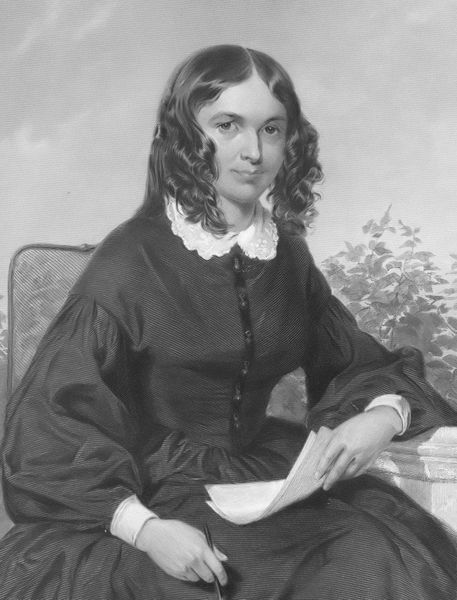
Elizabeth Browning
(This work of art is in public domain.)
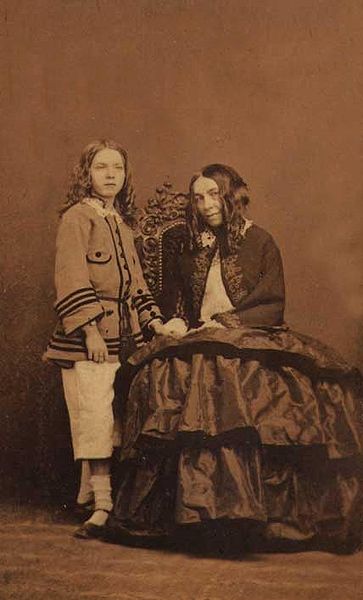
Elizabeth Browning and his son Pen.
(This work of art is in public domain.)
 
|
   
|

